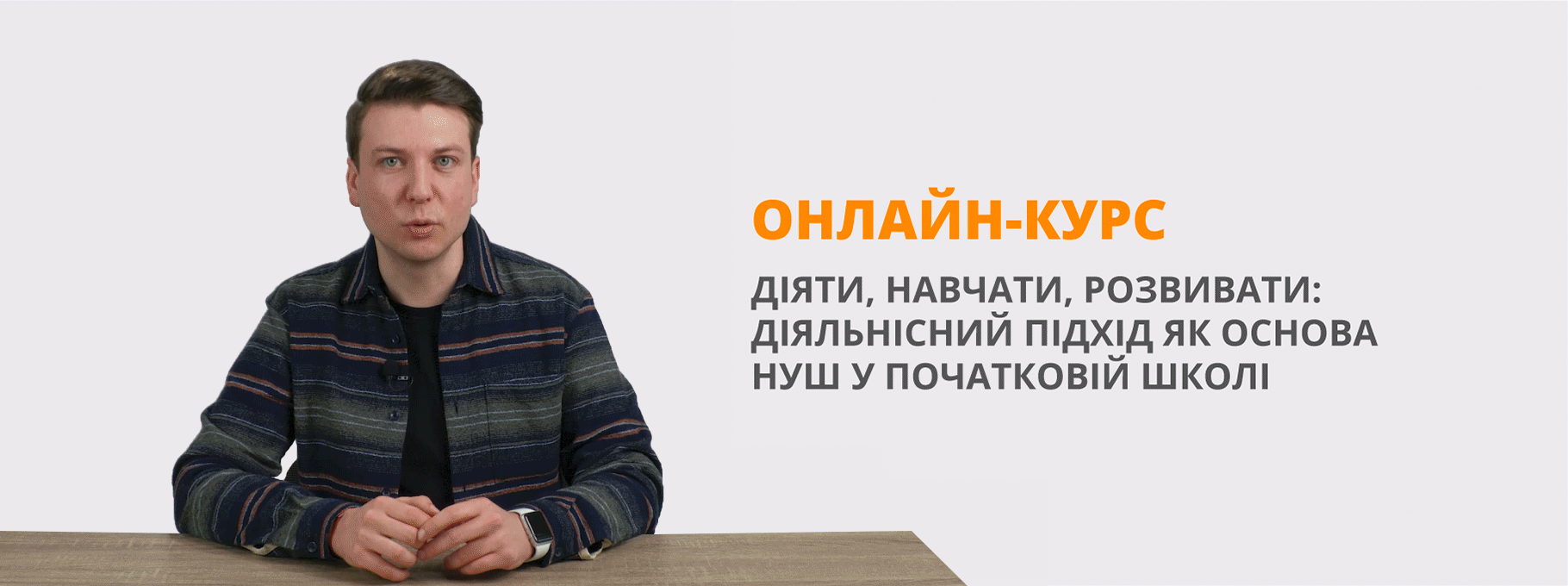Тренувальні вправи для учнів 11 класу на тему : "Protection of our environment"
«Protection of our environment»
Task 1. Find the odd word out :
- Damage, endanger, destroy, ruin, create
- Safe, nuclear, calm, pleasant, mammal
- Radiation, destruction, environment, population, pollution
- Fox, bear, pigeon, reptile, in habitat, insect
- Paper, cardboard, waste, plastic, wood
Task 2. Explain the meaning of the words:
|
poison something that kills people or animal if it is swallowed |
|
polluting making water, air, atmosphere dirty and dangerous for people and animals to live in |
|
greenhouse effect it is a problem of a rise in temperature in the earth’s atmosphere |
|
environment air, water and land, in which people, animals and plants live |
|
safe not hurt, not in danger, not dangerous |
|
waste material which was used and is no longer wanted |
|
a dump a place where rubbish is left |
|
a weapon something that is used to kill or hurt people in a fight or a war |
|
a population a number of people who live in a place, country, etc. |
|
ecology natural balance between plants, animals, people and their environment |
|
shortage a situation where there is not enough of something |
|
to survive to stay alive |
Task 3. Listen to tape and answer the questions:
|
The Women’s Club had a meeting every Friday. And every Friday they invited someone to come and talk to them about important things. After that they had tea and asked questions. One Friday, a gentleman came and talked to the club about different problems of ecology. He spoke about air and water pollution, acid rains and the greenhouse effect and then he mentioned the growth of population and shortage of food. “There is not enough food in the world for everybody,’ he said. “More than half thee people in the world are hungry.” After that he spoke about cars and buses – their positive and negative effects. He said that cars bring help quickly and this is very important for the police and fire brigades and ambulances. Cars and buses do important work – they transport goods, take people to and from work. But they are very dangerous, noisy, expensive and unhealthy. And there are often traffic jams. They do a lot of harm to the city atmosphere and ruin the beauty of the countryside because many new roads are built everywhere. Though the cars are very convenient and comfortable and they are much faster than trains and boats, people don’t have much exercise. Everybody knows that it is much healthier to walk or to ride a bicycle. But fewer people every year do that. Most of us prefer to go by car. “And there are more and more cars produced each year!” the gentleman said. “Just imagine a car producer is making a car every minute day and night somewhere in the world. How can we solve the problem?” he waited for a few seconds before he continued, but before he began to speak again, one of the club members, a young woman had a ready answer. “Well, why don’t we find that man and stop him?” |
B1 |
The Women’s club had a meeting |
|
|
|
1. every month on Friday 2. twice a week 3. every Monday 4. two times a month |
|
|
B2 |
One of the ecological problems was not mentioned in the gentleman’s talk |
|
|
|
1. air and water pollution 2. shortage of natural resources 3. acid rains and the greenhouse effect 4. the growth of population |
|
|
B3 |
All of these aspects are positive effects of cars |
|
|
|
1. cars bring help quickly which is important for the police, fire brigades and ambulances 2. cars help to keep people’s health 3. cars transport goods 4. cars take people to and from work |
|
|
B4 |
According to the young gentleman, the cars are dangerous for the people in towns and cities because |
|
|
|
1. they are expensive 2. they ruin the beauty of the countryside 3. there are often traffic jams 4. they do a lot of harm to the city atmosphere |
|
|
B5 |
Why don’t people need to use cars often |
|
|
|
1. everybody knows that it is much healthier to walk or to ride a bicycle 2. trains and buses are much faster 3. trains and buses are more convenient and comfortable 4. there are less and less cars produced each year |
|
|
B6 |
How can we solve a problem of rising in a number of cars (according to the text) |
|
|
|
1. to make them more expensive 2. not to built new roads 3. to find a car producer and stop him 4. to stop making cars at night |
|
|
|
B1 |
B2 |
B3 |
B4 |
B5 |
B6 |
|
Відповіді |
1 |
|
|
|
|
|
|
|
|
2 |
|
|
|
|
|
|
|
|
3 |
|
|
|
|
|
|
|
|
4 |
|
|
|
|
|
|
Task 4. Choose one of the subjects below and be ready to speak on it for one - two minutes.
- Environment yesterday and today.
- Environment problems nowadays.
- Water pollution.
- Air pollution.
- Nuclear pollution.
- Ecology and people’s health.
- Destruction of wildlife and countryside beauty.
- Food, water and natural resources and their shortage.


про публікацію авторської розробки
Додати розробку
